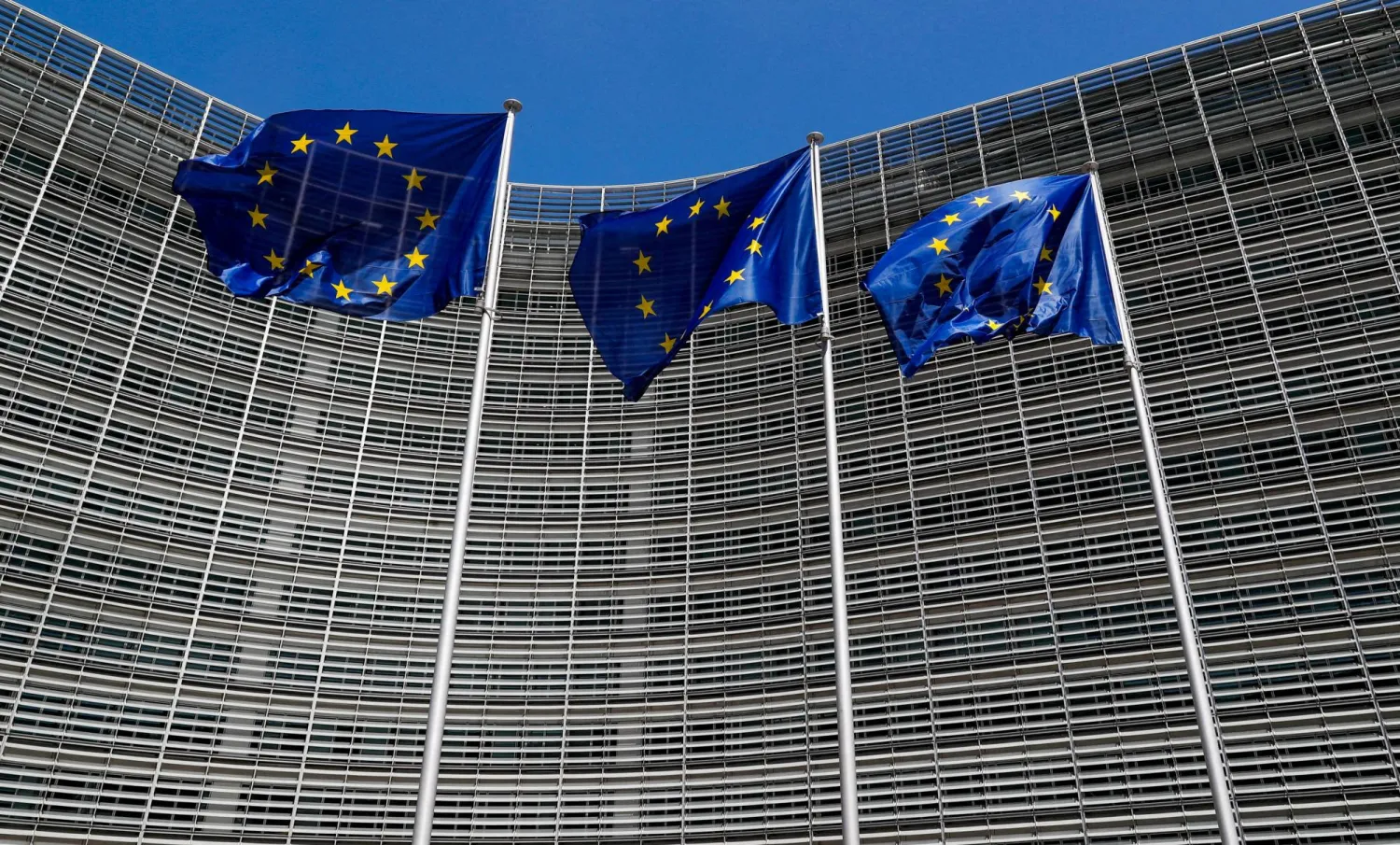Almost one year after he was jailed, Istanbul mayor Ekrem Imamoglu has told Reuters that Tayyip Erdogan should call elections "now" and predicted that the president would lose if he ran again.
Imamoglu has emerged in recent years as Erdogan’s main rival, with polls suggesting he could indeed defeat Türkiye's leader of more than two decades if he is able to run.
But he has been the focus of a crackdown on the main opposition party that rights groups and foreign observers say has undermined the democratic credentials of EU candidate and NATO member Türkiye.
Having defeated Erdogan's ruling AK Party in three Istanbul elections, Imamoglu, 55, remains a powerful figurehead for the opposition despite being in prison since March 2025, pending trial on corruption charges that he denies.
MAYOR SAYS ERDOGAN KNOWS HE WILL LOSE ELECTION
"We want early elections now. But the current president sees the coming defeat and shies away from elections," a defiant Imamoglu said in his responses to Reuters' questions conveyed by his legal team from the prison at Silivri, west of Istanbul.
"He will run and he will lose. And Türkiye will be the winner," Imamoglu said.
His Republican People's Party (CHP) has been calling for months for a snap vote. If elected, it says it would restore rule-of-law governance, revive stalled EU accession talks, and pursue a more social-democratic economic model.
A presidential election is not scheduled until 2028 but if Erdogan, 71, wishes to seek a third term he is obliged to hold it early, unless the constitutional term limits are changed.
Erdogan, who has led Türkiye as prime minister or president since 2003, would need three-fifths of lawmakers to vote for holding early elections, meaning he would also need support from outside his governing alliance.
Most analysts think Erdogan will call elections next year.
The CHP has sought to keep Imamoglu in the public eye by holding weekly rallies in Istanbul. The latest opinion polls suggest a neck-and-neck race between the CHP and Erdogan's AKP.
Imamoglu, the CHP's formal presidential candidate despite being behind bars, said he maintains a roughly 18-hour working day, toiling with his lawyers on more than 10 cases and investigations, reading letters from supporters and continuing his municipal responsibilities.
He also exercises daily within a 24-square-meter courtyard with high walls, he said in seven pages of responses.
TRIAL BEGINS IN MARCH
But Imamoglu's hopes of contesting the election are looking bleak as he faces a judicial onslaught that will peak next month when he goes on trial.
"As the day of their defeat approaches, the government is increasing the level of pressure and hostility directed towards us," he said.
The main prosecutor in his cases, Akin Gurlek, sought a jail sentence of more than 2,000 years for Imamoglu on charges of running a criminal organization at the Istanbul municipality involved in corruption.
Gurlek was appointed justice minister on Wednesday, sparking CHP criticism that exploded into a brawl in parliament with AKP lawmakers. Erdogan accused the CHP of "displaying every kind of thuggery" in the incident.
"The CHP's job will now become even more difficult," said political commentator Murat Yetkin, adding that Erdogan's choice of Gurlek was not just about sidelining Imamoglu but was related to restructuring the justice ministry and judicial mechanisms.
Imamoglu, whose comments to Reuters came before Gurlek's appointment, decried the barrage of court cases against him as a politically driven campaign to block his presidential bid.
"Those in power, having realized they would lose, see their remedy in keeping me in prison on false allegations and by ordering the judiciary around," he said.
The government denies exerting influence over the judiciary, which it says is independent. Erdogan has largely avoided commenting on Imamoglu's case, saying the investigations have "nothing to do with me".
In another blow to Imamoglu's presidential ambitions, a court last month rejected his lawsuit challenging the cancellation of his university degree – a qualification required of any presidential candidate.
Nacho Sanchez Amor, the European Parliament's Türkiye rapporteur, said that ruling made the judiciary appear "ridiculously biased".
Asked if he thought he would be able to run in the next election, Imamoglu said he maintained his faith in justice and would exercise his legal rights to the fullest.
"No pressure and no obstacle will keep me from working to make this country more just, freer, and more prosperous," he said.









